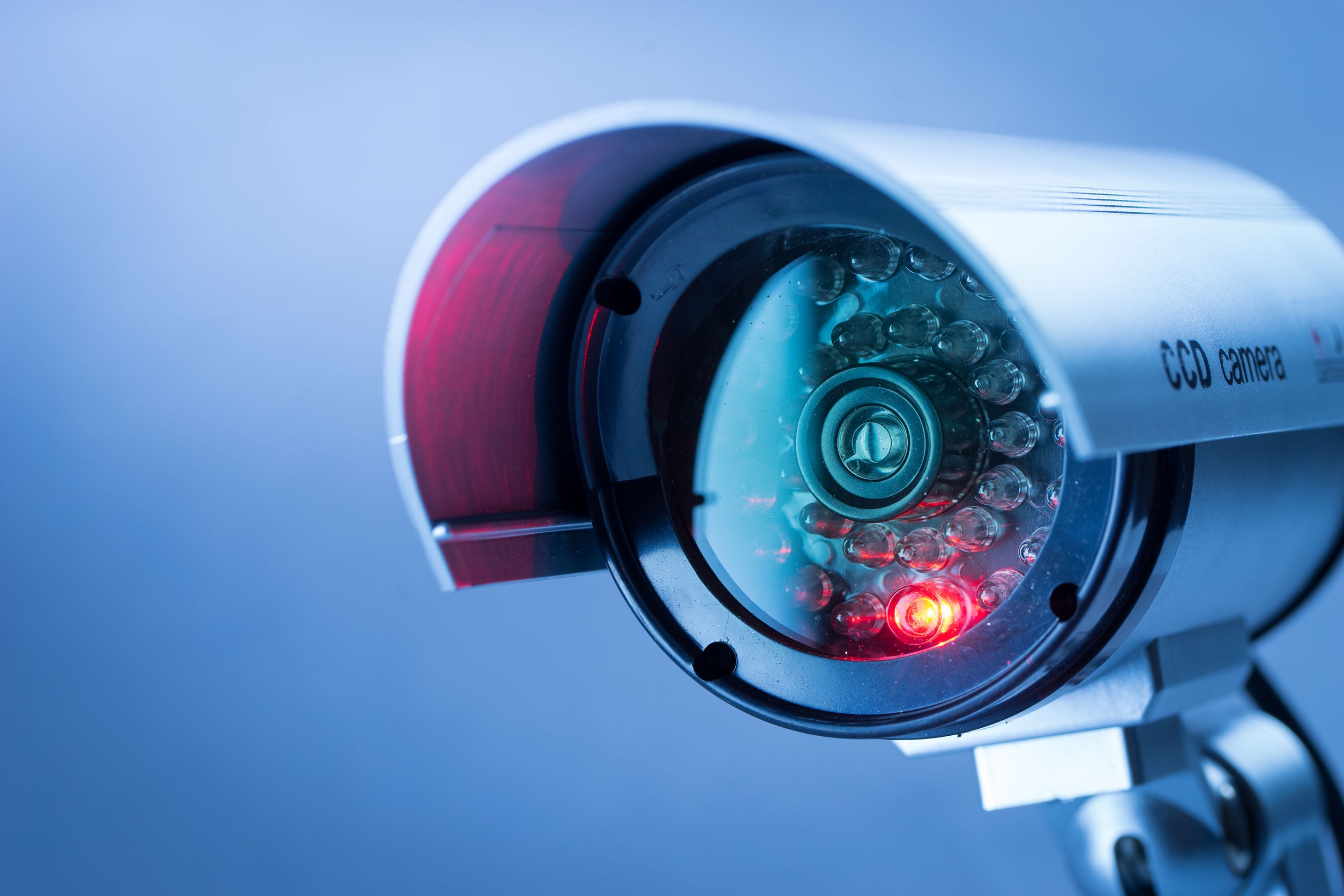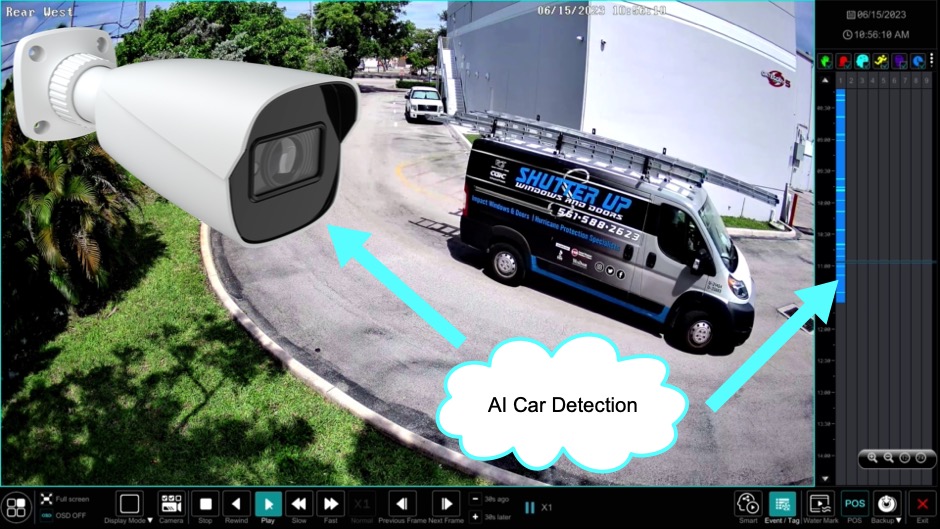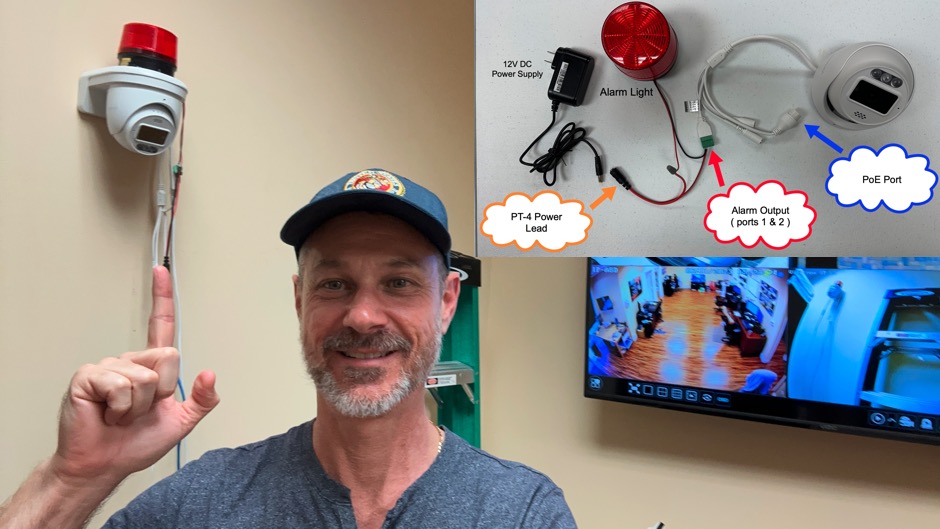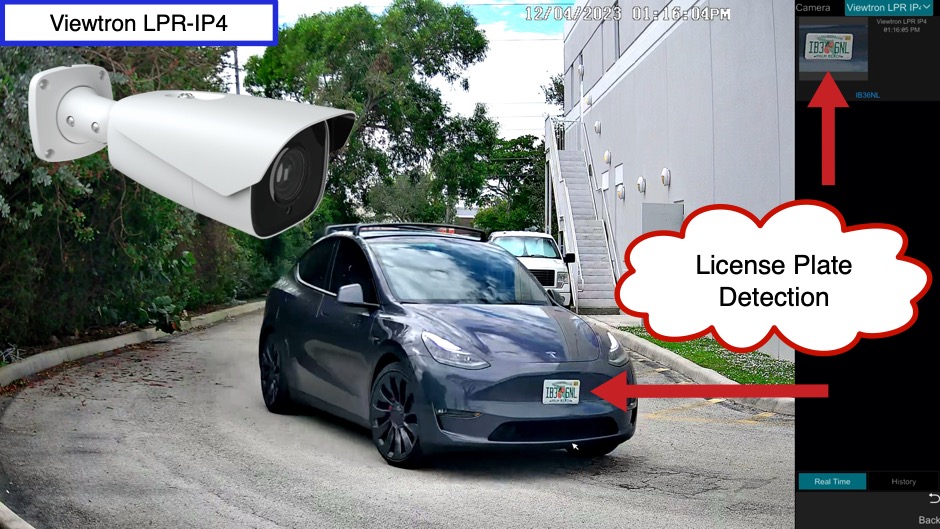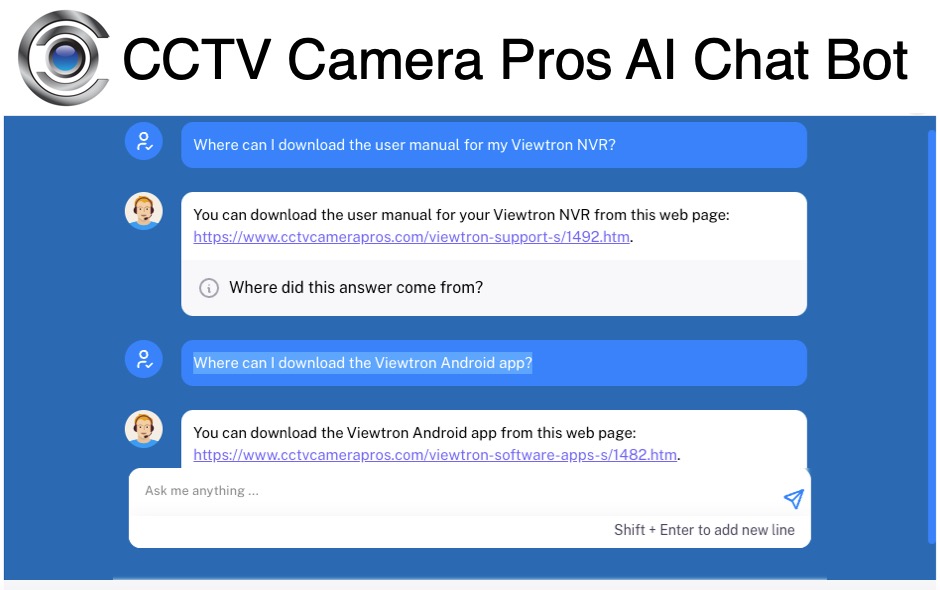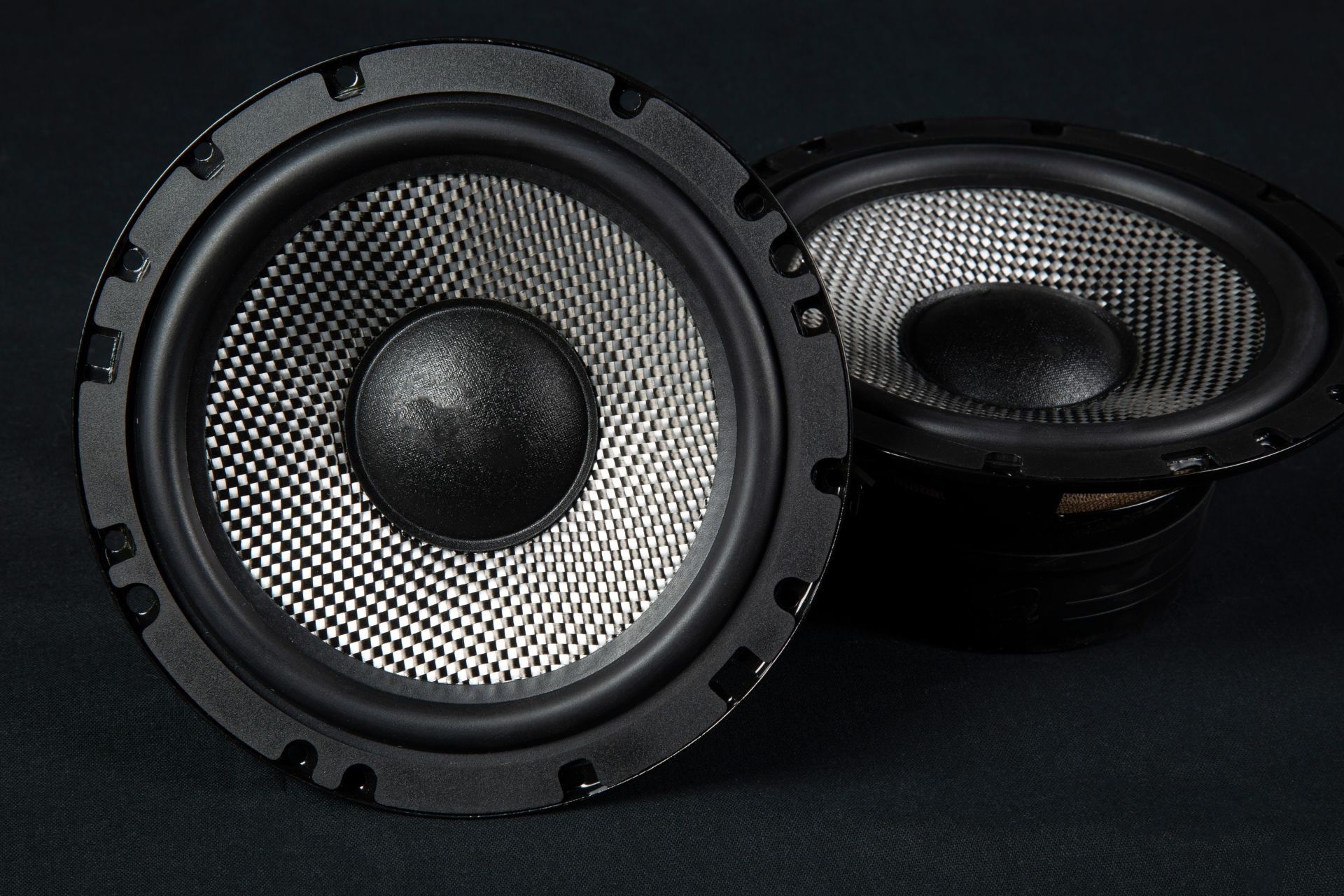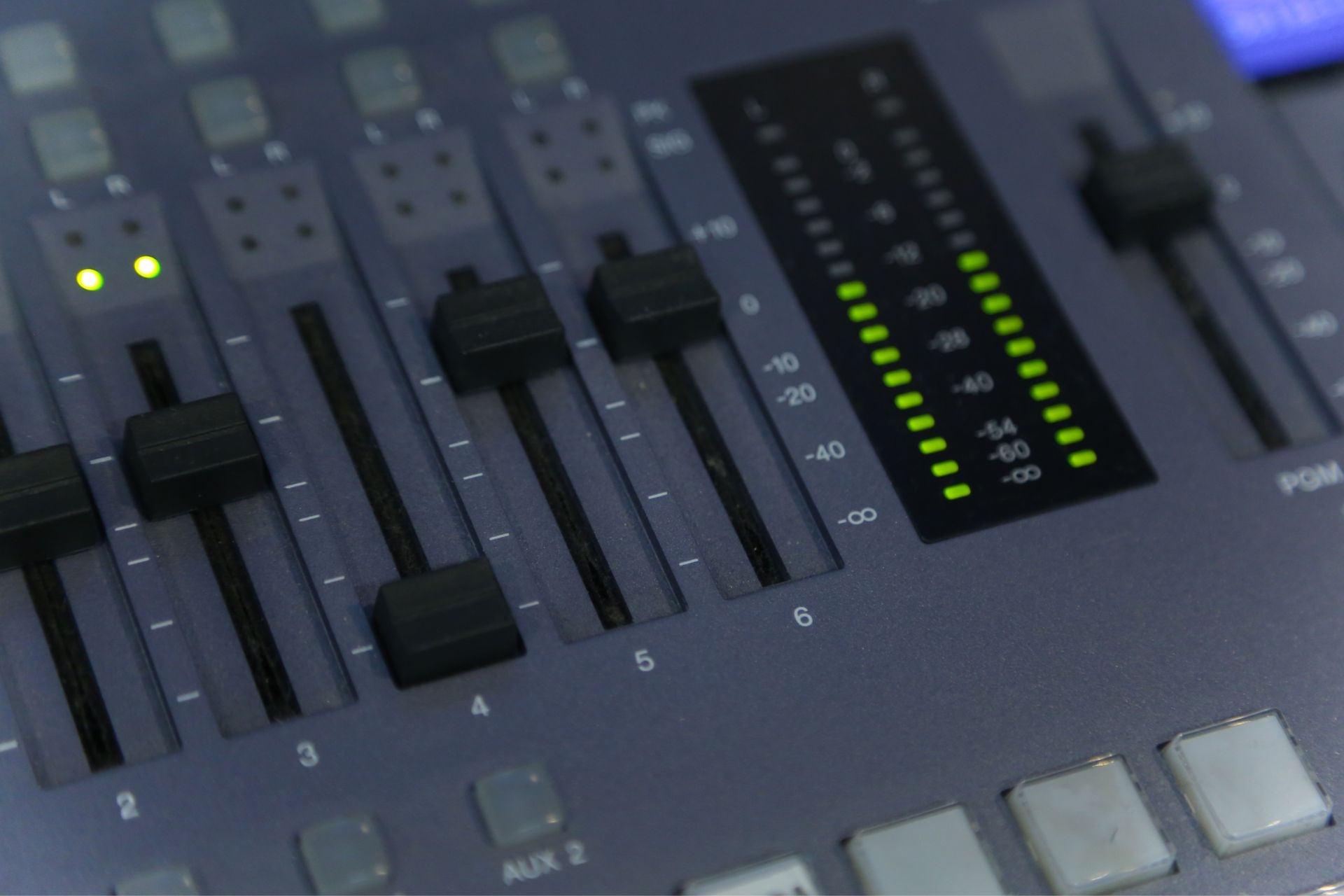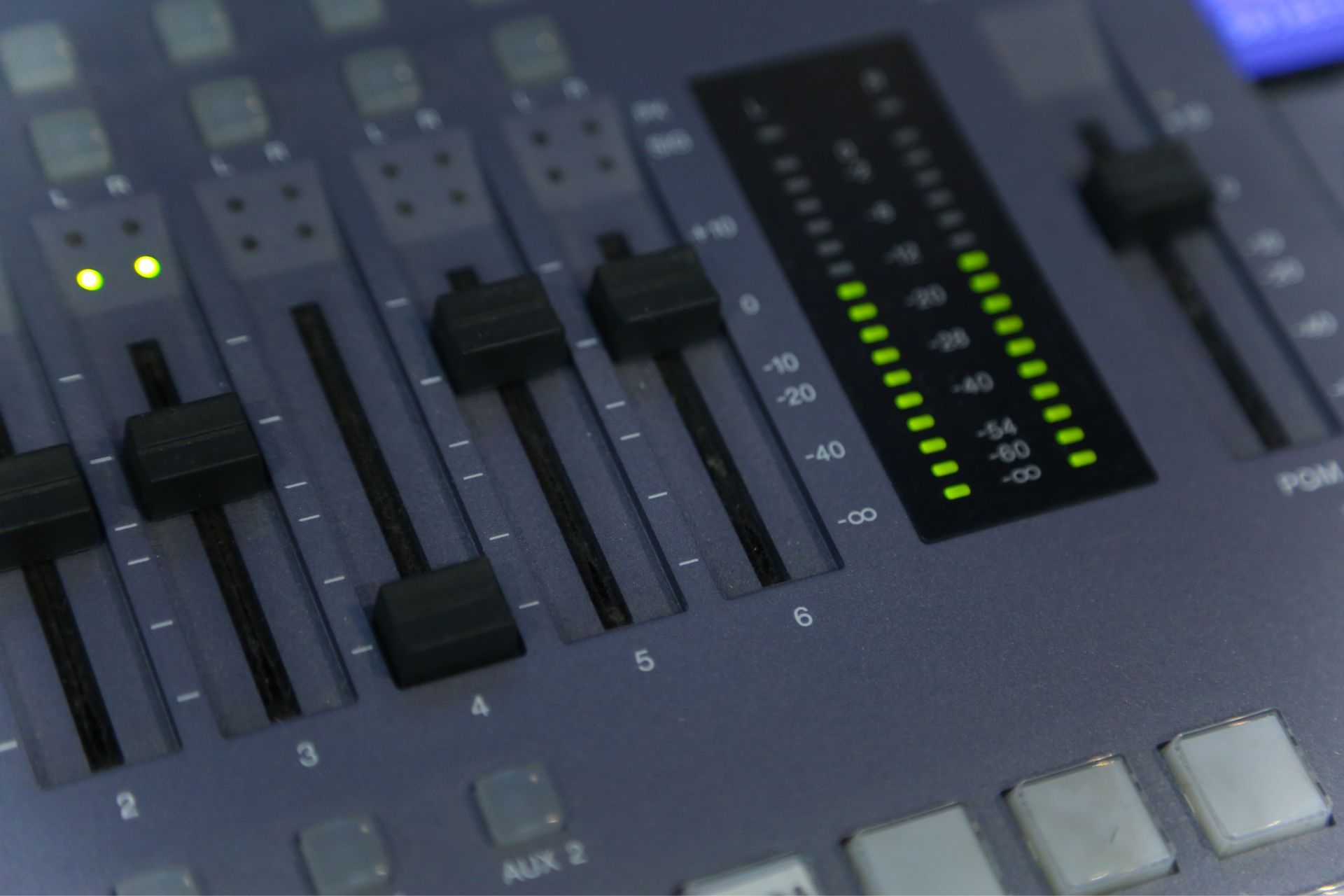Utilizing AI-powered analytics with outdoor security cameras offers a multitude of benefits for enhancing surveillance capabilities. By incorporating artificial intelligence into the monitoring process, security systems can efficiently detect and analyze potential threats in real-time, such as unauthorized intruders, suspicious activities, or unusual movements. This advanced technology enables the cameras to differentiate between false alarms and genuine security breaches, reducing the likelihood of false alerts and improving overall accuracy. Additionally, AI-powered analytics can provide valuable insights and data-driven reports to optimize security strategies, enhance decision-making processes, and streamline incident response procedures. Overall, the integration of AI with outdoor security cameras enhances the effectiveness and efficiency of surveillance operations, ultimately bolstering the safety and security of the monitored area.
